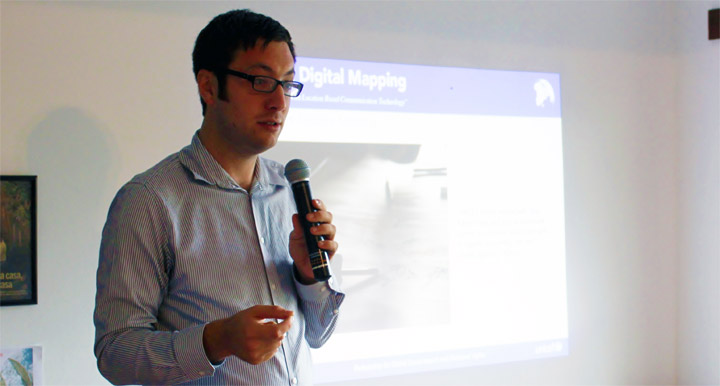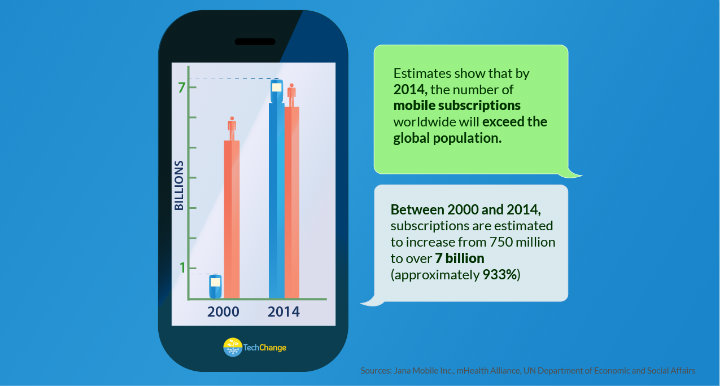Want to change the world with socially minded and innovative ideas, but bills, student loans and lack of investment opportunities are pushing you away from entrepreneurship and towards jobs that are unfulfilling and not utilizing your education? According to Accenture, you are not alone.
A staggering 41% of college graduates within the past two years are underemployed, which means they are either in jobs that are not full-time or have nothing to do with their degree. The 2008 global financial recession changed the employment landscape, drying up credit for start-ups and diminishing confidence in large institutions. The tepid recovery makes them cautious in hiring. Yet there is a growing demand from within the large organizations for employees who help them remain competitive through new ideas and a start-up mentality. The need has increased the demand for intrapreneurs, innovators from within the company that will move it forward.
Nick Hughes is an example of a social intrapreneur in action. Hughes was a middle marketing manager for Safaricom, the largest mobile network in the East African nation of Kenya when he developed an idea that would help millions of disadvantaged people while driving the bottom line of his company. Hughes’ concept, which became M-PESA (m for mobile, “pesa” is Swahili for money) has become a wildly lucrative, socially beneficial, and intrapreneurial idea which has led Safaricom to become the banker for the poor and rural in Kenya who can not get accounts from traditional banks. As of 2013 the M-PESA service has 17 million members, providing a critical socio-economic service for Kenya’s poor and profits to Safaricom.
The idea of social intrepreneurship is becoming particularly enticing to young people who want stable careers, but care less and less about making a fortune in corporate America and more about making a difference in the world around them. Personally, intrapreneurship has been an incredibly rewarding career choice. In 2009 I lost my job, and spent a year trying to become a social entrepreneur, sleeping on couches, living unemployment check to unemployment check, and trying to launch a company that would deliver social purpose. In 2010, UNICEF picked up on one of the company’s ideas and offered me a short-term consulting opportunity to carry-out an innovative idea. Thus began my path to learning the process of becoming a strong source of new ideas and innovation for the established institution. Three years later I’ve been a part of an amazing international team, got the opportunity to travel to Rwanda, Zambia, and Brazil, and had a consistent paycheck.
Innovating from within UNICEF provided stability and opportunities that I would not have had otherwise. In 2011, from within UNICEF, I led the launch of unicef-gis, a mobile and web application for youth-led digital mapping of risks, resiliency, and vulnerability. The app was deployed successfully into countries (Brazil and Haiti) where I knew nobody and did not speak the language. Without the UNICEF network, the idea would have never come to fruition or realized the amazing social impacts.
I personally understand today’s harsh jobs reality for graduates, interns, and young professionals. The truth is that a six-figure education and degree is only enough to level the playing field, but not enough to secure you a rewarding job that allows you to be independent and pay back student loans. That’s why learning how to practice intrapreneurship in your field can become a novel employment option for those who will be entering the workplace or are already in it, looking to move up into more senior positions. These large institutions like the World Bank, United Nations, and Google are actively looking to hire these intrapreneurial individuals.
People often ask me, how do you become gainfully employed doing cool, innovative projects for a large international organization? The truth is, intrapreneurship is not something learned in the traditional classroom or from a textbook. It’s understood by trial and error, failing forward, and failing fast. These are skill sets that can be practiced and learned, and lead to rewarding and stable jobs. Interested in learning about intrapreneurship or know a student, intern or young professional that might benefit from learning about it? TechChange.org is providing a limited number of individuals the opportunity to learn about intrapreneurship from guest experts and interactive, self-paced online learning modules. Learn more:
TC108: Social Intrapreneurship – Innovation Within Institutions



